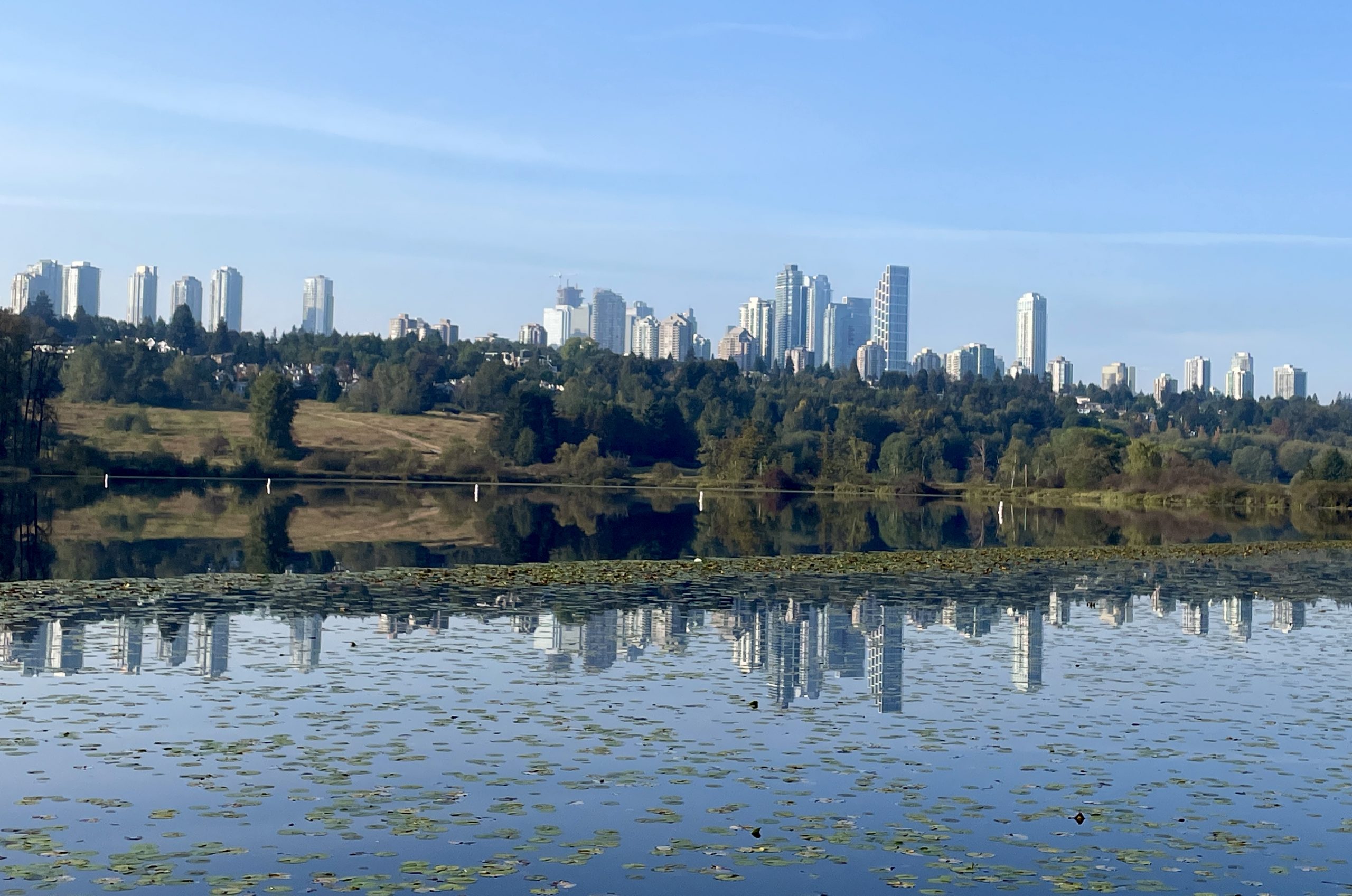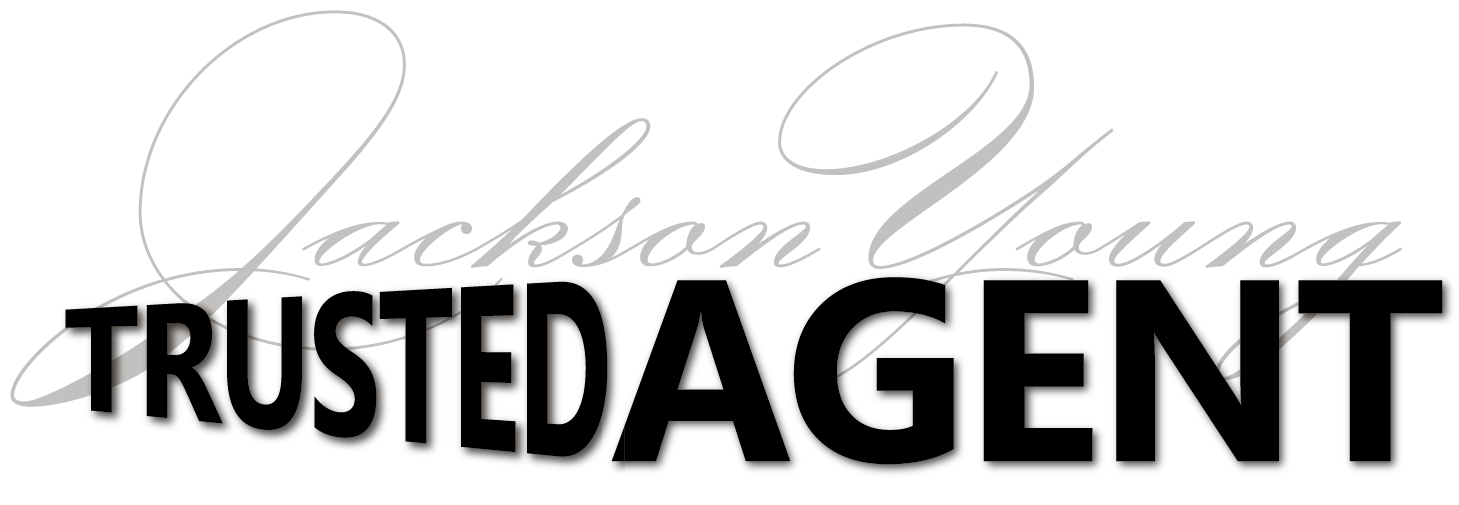Posted on
December 20, 2022
by
Jackson Young
#1 The kitchen - This type of renovation can cost anywhere from $20,000 to $50,000 depending on the size and scope of the project. The increase in sale price that a kitchen remodel can bring will depend on the size of the remodel, the quality of the materials used, and the local real estate market. A kitchen remodel can increase the sale price of your home by anywhere from 5-15%.
#2 The Bathroom - This type of renovation can cost anywhere from $10,000 to $30,000. Typically it will involve replacing fixtures, flooring, and countertops. It can also involve adding a new toilet, shower or tub. A bathroom remodel can increase the sale price of your home by up to 10-15%.
#3 Deck or Patio Addition - Adding a deck or patio to your home is a great way to increase its value. A basic patio addition can cost anywhere from $2,000 to $10,000, while more complex projects can cost upwards of $20,000 or more. A significant return too, a patio addition can increase your home's sale price by 5-15%.
#4 Flooring - Replacing the flooring in your home is a great way to increase its value. This type of renovation can involve replacing carpet, hardwood, tile, or laminate and can cost anywhere from $5,000 to $15,000. Generally speaking, a flooring remodel can increase the sale price of your home by up to 5%.
#5 Painting - Painting the interior of your home is a relatively inexpensive way to increase its value. This type of renovation can cost anywhere from $2,000 to $15,000 and can increase the sale price of your home by up to 5%.
#6 Curb Appeal - Improving the curb appeal of your home will significantly increase its value. Exterior paint, new siding, power washing, roof appearance and gutter condition. This type of renovation can cost anywhere from $500 to $10,000 or more depending on the size and scope of the project and condition of the more expensive items such as the roof and gutters. Fresh exterior paint and new siding can increase your home's sale price by anywhere from 5-15%.
#7 Windows - Replacing the windows in your home is a strategic way to increase its value. This type of renovation can cost anywhere from $2000 to $8,000 or more depending on the size and scope of the project. Windows will make your house look newer and improves the temperature and comfort levels significantly. A window replacement remodeling project can increase your home's sale price by up to 5-10%.
#8 Appliances - outdated appliances don’t help anyone. Replacing a single appliance can cost anywhere from $500 to $2,000, while replacing an entire set of appliances can cost upwards of $5,000 or more. And generally speaking, new appliances can increase your home's sale price by anywhere from 5-10%.
#9 Landscaping - A great way to increase the curb appeal of your home is by planting trees, shrubs, flowers, installing a new lawn, cutting the grass keeping it clean. This type of renovation can cost up to $5,000 or more depending on the size and scope of the project. If a home looks warm and welcoming, prospective buyers will be more interested. Curb appeal is worth 5-15%
#10 Lighting and faucets - Installing new lighting and faucets and updating the look of your space will cost anywhere from $500 to $2,500 – and good news, a lighting and faucet remodel can give you the biggest remodeling return with a potential increase in the sale price of your home by up to 5%.
Doing some renovations can make a big difference in the look and feel of your home, and can help you get the best price for it when it's time to sell.














